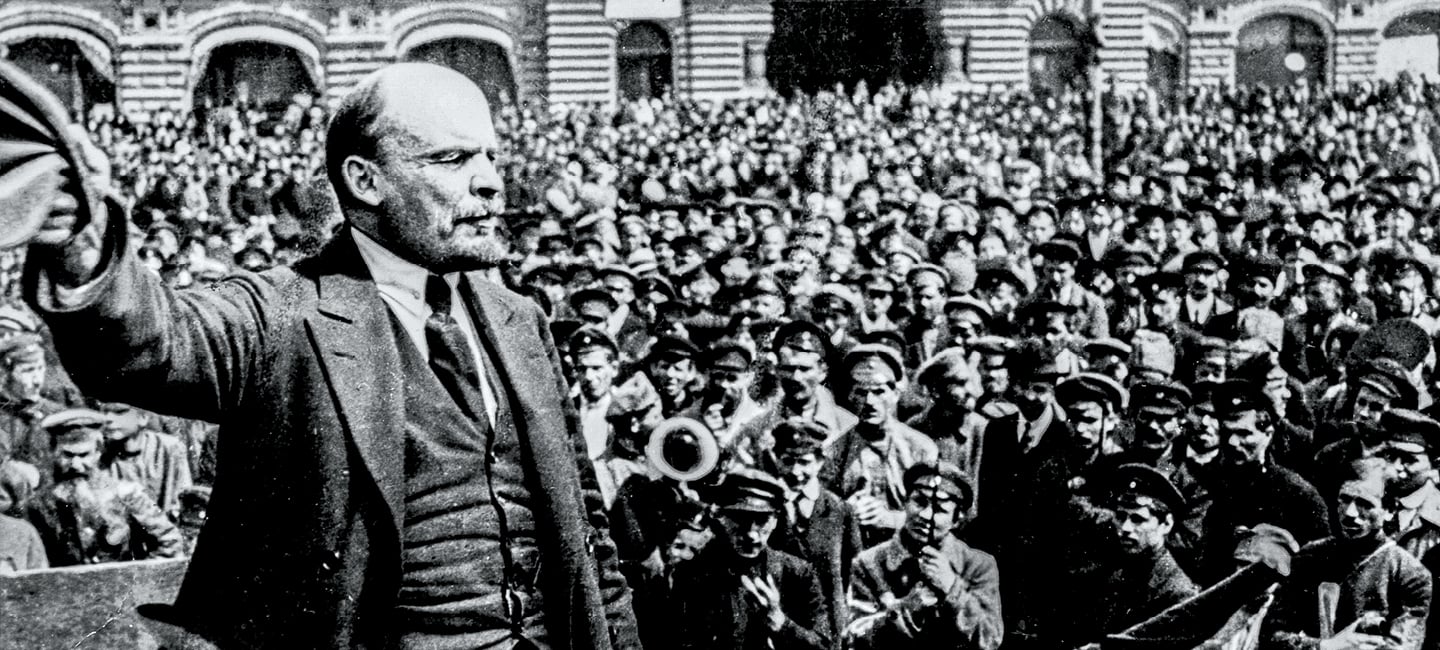The Russian Revolution of 1917 was a pivotal event that shook the foundations of the global political order. This cataclysmic upheaval, marked by two revolutions—the February Revolution and the October Revolution—overthrew the Tsarist autocracy and gave birth to the world’s first communist state.
The February Revolution (1917)
The February Revolution, sparked by widespread discontent, economic hardship, and the strain of World War I, led to the abdication of Tsar Nicholas II. A provisional government, dominated by liberal and moderate socialists, assumed power. However, this government struggled to address the pressing issues of war, food shortages, and social inequality.
The October Revolution (1917)
The October Revolution, led by the Bolshevik Party under the leadership of Vladimir Lenin, seized power from the Provisional Government. The Bolsheviks, a radical socialist party, promised “Peace, Land, and Bread” to the Russian people. They quickly established a one-party communist state, the Soviet Union.
The Impact of the Russian Revolution
The Russian Revolution had far-reaching consequences:
- Global Communism: The Bolshevik victory inspired communist revolutions and movements worldwide, leading to the formation of communist states in China, Cuba, Vietnam, and other countries.
- Cold War: The ideological conflict between communism and capitalism, fueled by the Russian Revolution, led to the Cold War, a period of geopolitical tension and military rivalry between the Soviet Union and the United States.
- Social and Economic Transformation: The Soviet Union underwent rapid industrialization and collectivization of agriculture. While these policies led to significant economic growth, they also resulted in widespread hardship, famine, and political repression.
- Cultural and Intellectual Impact: The Russian Revolution inspired a wave of artistic and intellectual innovation, including revolutionary literature, music, and film.
Legacy of the Russian Revolution
The Russian Revolution remains a controversial and complex event. While it brought about significant social and economic changes, it also led to authoritarianism, political repression, and human suffering. The legacy of the revolution continues to shape global politics and society, raising questions about the nature of power, the role of the state, and the pursuit of social justice.

Leave a Reply